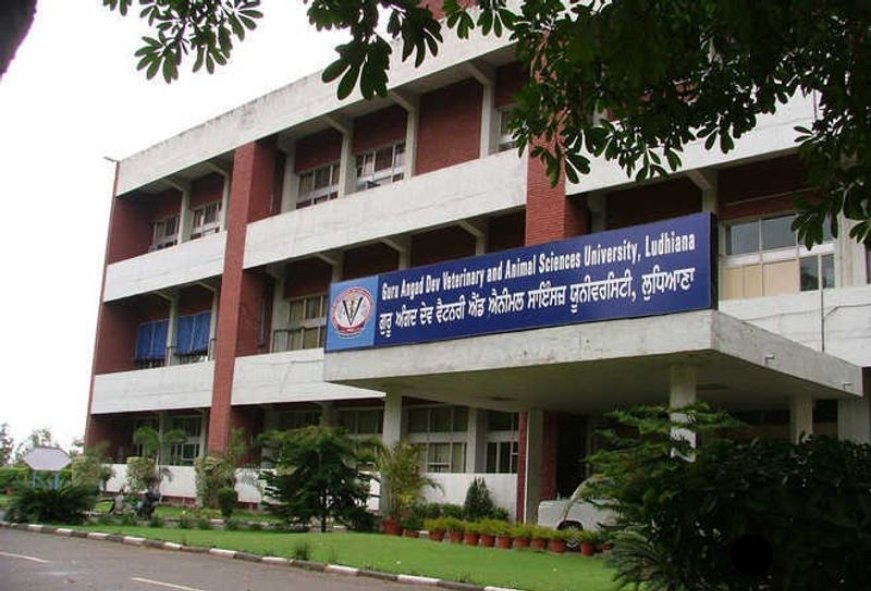Updated - Sept 03, 2024
By admin
aquaculture tech, Ludhiana
Vet varsity pushes for capacity-building in aquaculture tech
Ludhiana, September 2 To address the challenge of developing the aquaculture sector in harmony with climate change, Guru Angad Dev Veterinary and Animal Sciences University recently established a Capacity Building Resource Centre (CBRC) under the Pradhan Mantri Matsya Sampada Yojana..
 Ludhiana, September 2
Ludhiana, September 2
To address the challenge of developing the aquaculture sector in harmony with climate change, Guru Angad Dev Veterinary and Animal Sciences University recently established a Capacity Building Resource Centre (CBRC) under the Pradhan Mantri Matsya Sampada Yojana (PMMSY) of Department of Fisheries, Ministry of Fisheries, Animal Husbandry and Dairying (GoI), for promoting climate-smart intensive aquaculture technologies (IATs), like recirculatory aquaculture system (RAS) and biofloc based aquaculture system (BAS) in the region.
Dr Inderjeet Singh, vice-chancellor, Guru Angad Dev Veterinary and Animal Sciences University, said the CBRC, established with a budget of Rs 1.39 crore, was the first-of-its-kind in northern India and was mandated to fulfil the training needs of fish farmers, aspiring entrepreneurs, officials concerned and scientists, for sustainable development of economically viable intensive aquaculture technologies for the region.
Dr Meera D Ansal, Dean, College of Fisheries, said the climate smart IATs required only 10-15 per cent of water and land per kg fish production as compared to traditional pond aquaculture practices and hence, needed to be developed to meet the envisioned production targets from the depleting aquatic resources. The university had harvested its first pangas catfish crop from RAS and BAS successfully, with respective average productivity of 15 kg/m3 and 11kg/m3, as compared to pond productivity of 1.5-2.0 kg/m3, Dr Ansal added.
The university aims to cater to the capacity-building needs of the stakeholders of the region, develop cost effective RAS and BAS models as per regional climate and promote entrepreneurship among the youth and young fisheries professionals. Around 190 stakeholders from the state, including farmers, State Fisheries Officials, aspirant entrepreneurs and students, have been trained by the university in the last one year. Prospective stakeholders from Haryana, Rajasthan, Himachal Pradesh, Jammu and Kashmir, Uttar Pradesh and Madhya Pradesh have been invited for hands-on training in IATs.
New species like singhi (Heteropneustes fossilis) and climbing perch (Anabas testudineus), are being tested to develop diversified economic culture technologies for RAS and BAS as per regional needs and climate. Many RAS and BAS are being established in the north-western region of the country without any formal training.
News Source:
https://www.tribuneindia.com/news/ludhiana/vet-varsity-pushes-for-capacity-building-in-aquaculture-tech/

